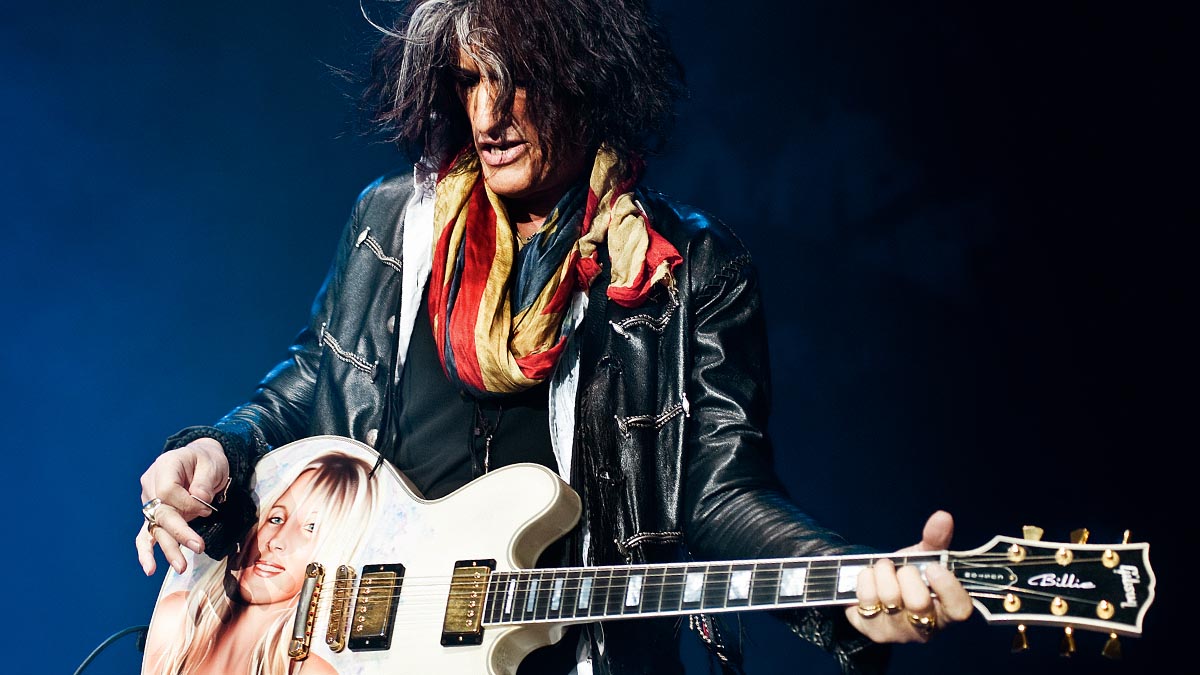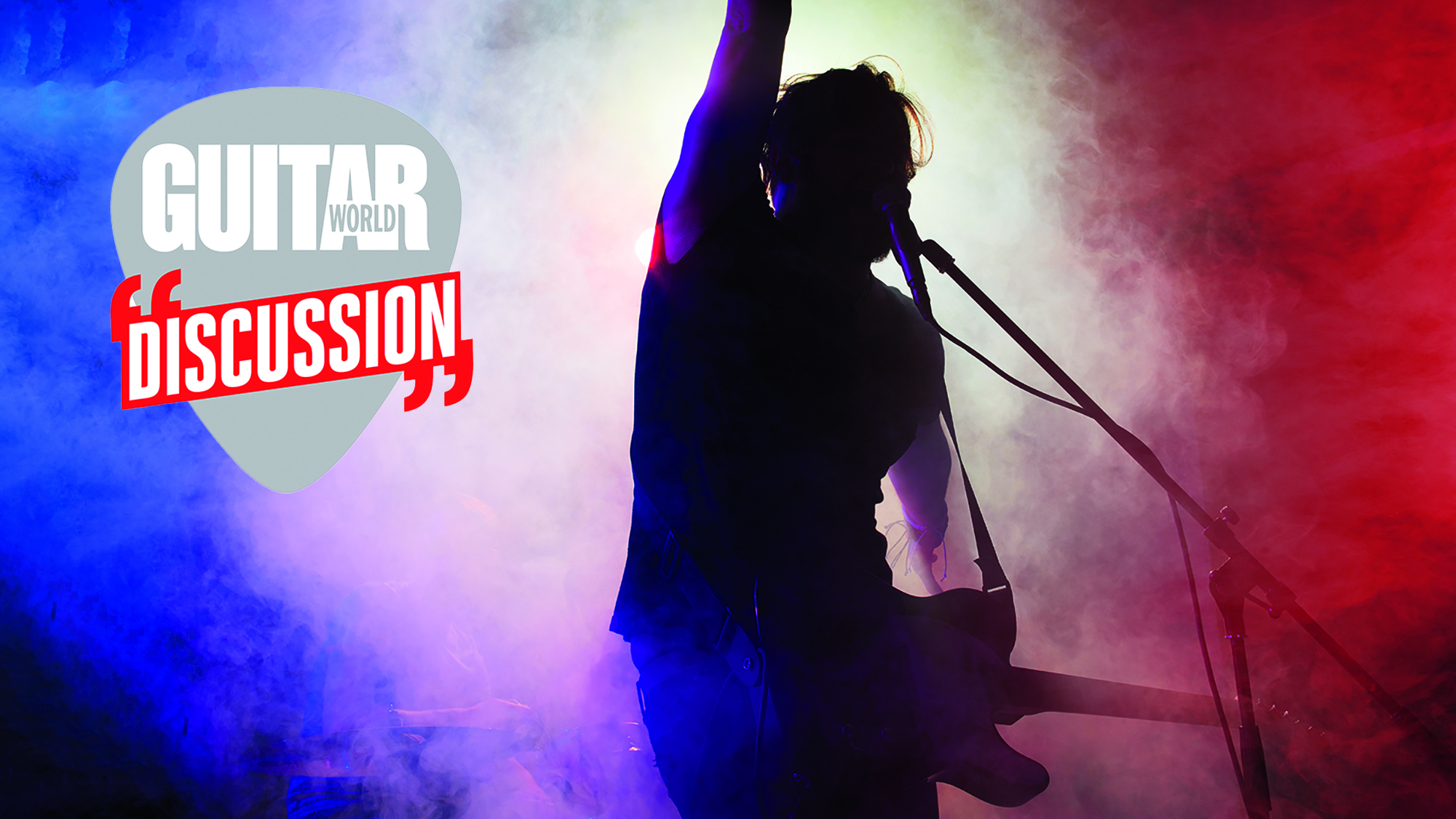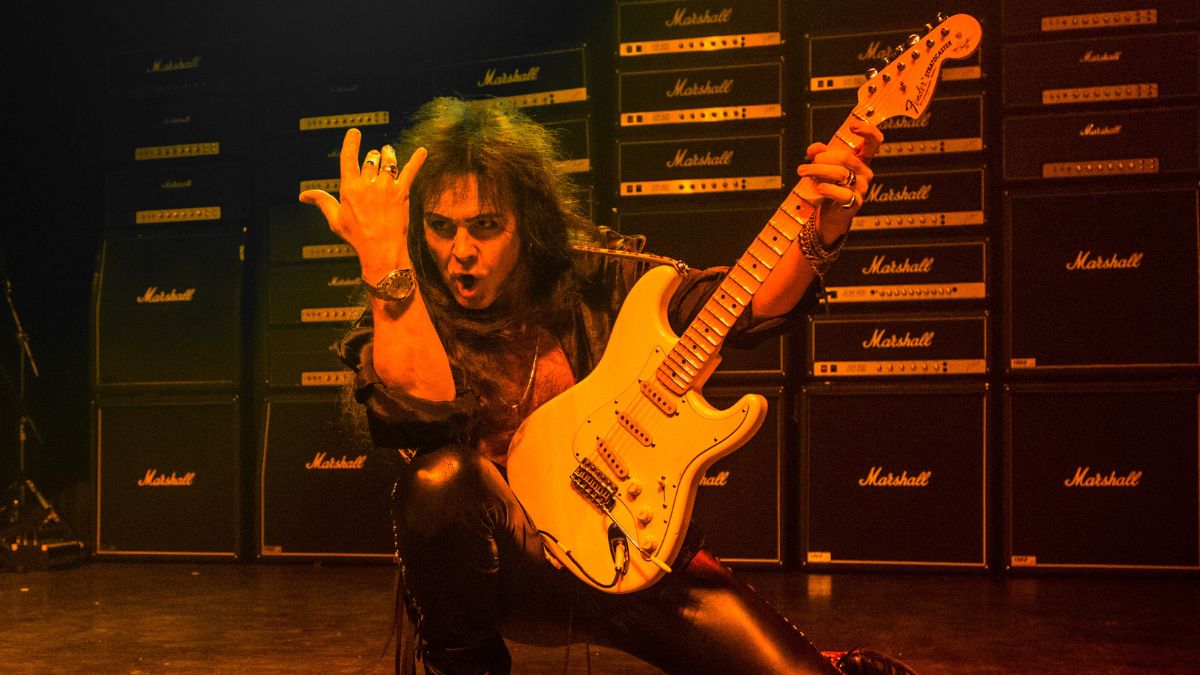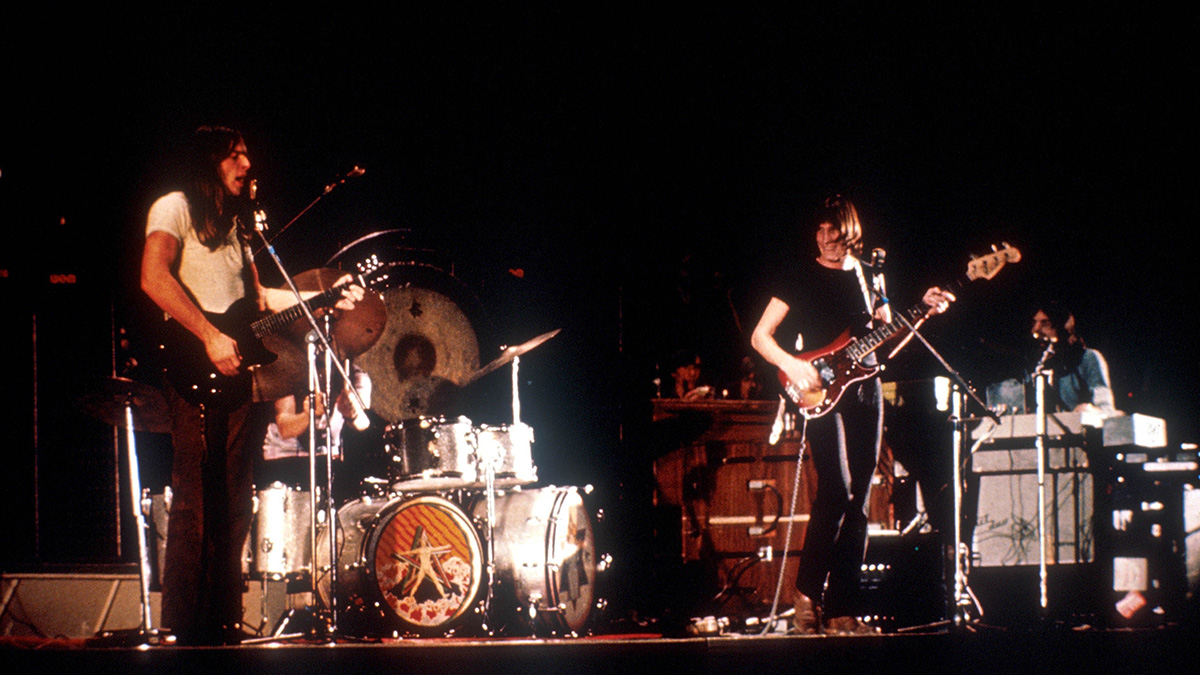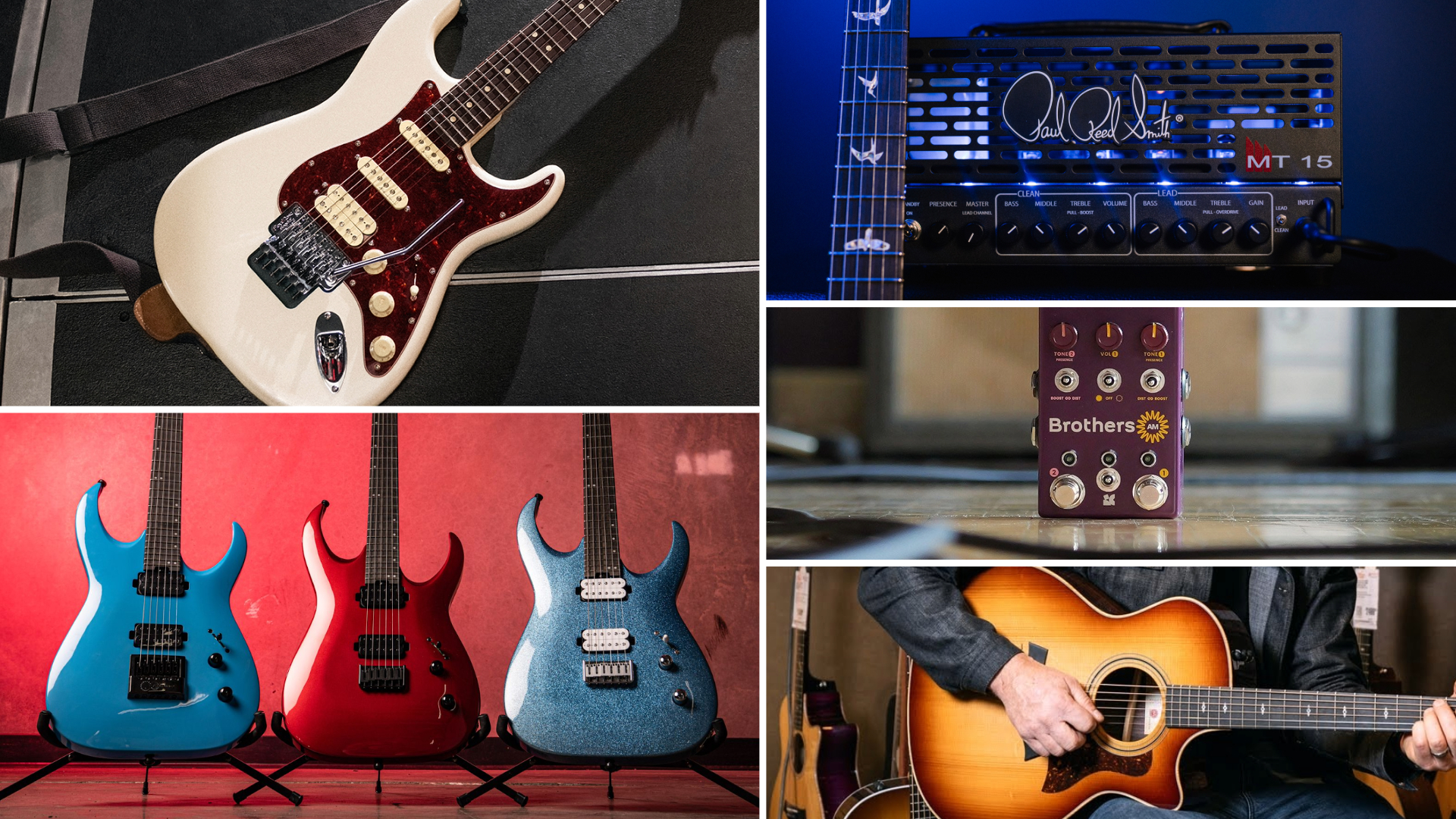“It was just the best amp that I’d ever had in my collection. And it was so roadworthy. It did all those Led Zeppelin tours, and all the recordings”: Jimmy Page reveals his favorite amp, which did “flippin’ everything” throughout his career
Page’s affinity for his modded Marshall head stood the test of time – so much so that his boutique Sundragon amps are inspired by its unique tone
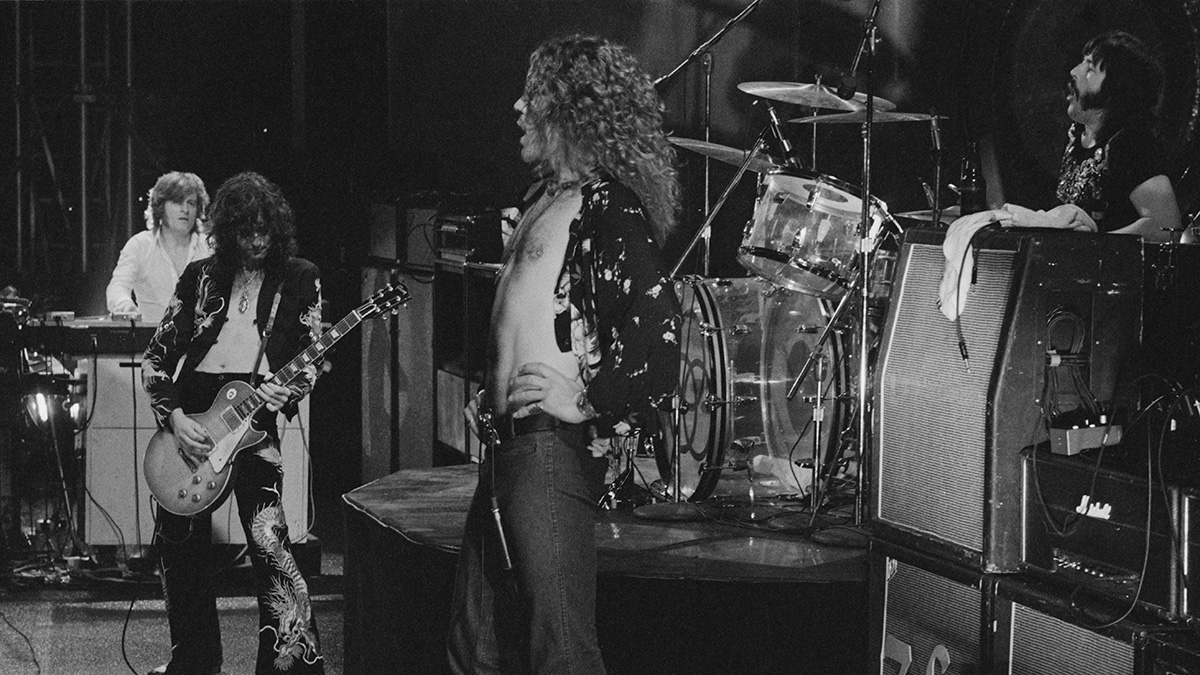
Jimmy Page has accumulated and used a wide array of amps throughout his decades-long career, including his Supro Coronado 1690T, which he famously used on the Stairway to Heaven solo, and his Marshall 1959SLP, which, until recently, many believed to have been his main Zeppelin amp.
However, in the December 2024 issue of Guitar Player, Page reveals that one amp reigned, and still reigns, supreme: his 1969 Marshall JMP Super Bass 100.
Page describes the Super Bass as “a really hot-wired Marshall, the main one that I would play all the way through my career. It was just the best amp that I’d ever had in my collection. And it was so roadworthy. It did all those Led Zeppelin tours, and all the recordings. It did flippin’ everything, y’know?”
After he started using Marshalls in 1969, the Super Bass became Page’s main recording and live amp, thanks to modifications made by Tony Frank, Unicord/Marshall's top engineer.
Frank’s modifications included replacing the stock EL34 power tubes with the significantly cleaner 6550s, aiming not only to boost volume but also to enhance definition, clarity, and dynamic range – especially since, at that time, mic'ing guitar amps on stage was still uncommon. With these tweaks, Page continued to shape his distinct tone, ensuring his guitar cut through the mix.
And straight from the horse’s mouth, Page cites 1976’s Presence as the epitome of his Marshall Super Bass sound.
“[It's] the best example of the sound of my Marshall Super Bass, because it was an album we made in about three weeks, in Munich, Germany,” he explains. “So I wanted to work very efficiently, and that entire album is all Super Bass, along with mostly my Number One 1959 Les Paul.”
Get The Pick Newsletter
All the latest guitar news, interviews, lessons, reviews, deals and more, direct to your inbox!
His trusty Super Bass, along with his Supro Coronado combo, served as the main inspirations for the Page-certified amps from Sundragon – the boutique amp company he founded in 2017 with noted producer and guitar collector Perry Margouleff and former Marshall/Vox executive VP and Park Amps chief Mitch Colby.
The result? Two limited-edition models – the Sundragon 12-inch combo and the Super Dragon 100-watt head with a 4x12 cabinet, each signed by Page and passing his “acid test” for tone authenticity. Both models sold quickly despite their steep prices of $12,500 and $22,500, respectively.
For the full interview with Jimmy Page, pick up the final edition of Guitar Player via Magazines Direct.
Janelle is a staff writer at GuitarWorld.com. After a long stint in classical music, Janelle discovered the joys of playing guitar in dingy venues at the age of 13 and has never looked back. Janelle has written extensively about the intersection of music and technology, and how this is shaping the future of the music industry. She also had the pleasure of interviewing Dream Wife, K.Flay, Yīn Yīn, and Black Honey, among others. When she's not writing, you'll find her creating layers of delicious audio lasagna with her art-rock/psych-punk band ĠENN.
“I heard the Money solo and thought, ‘This is amazing!’ So I sent David a telegram saying, ‘Remember me? I'm in a band now called Roxy Music’”: Phil Manzanera on his friendship with David Gilmour, and the key to the Pink Floyd man's unmistakable tone
“It’s really quite genius, but also hard to learn – it sounds insane, but sometimes the easiest songs still get me nervous”: Kiki Wong reveals the Smashing Pumpkins song she had the most trouble with





